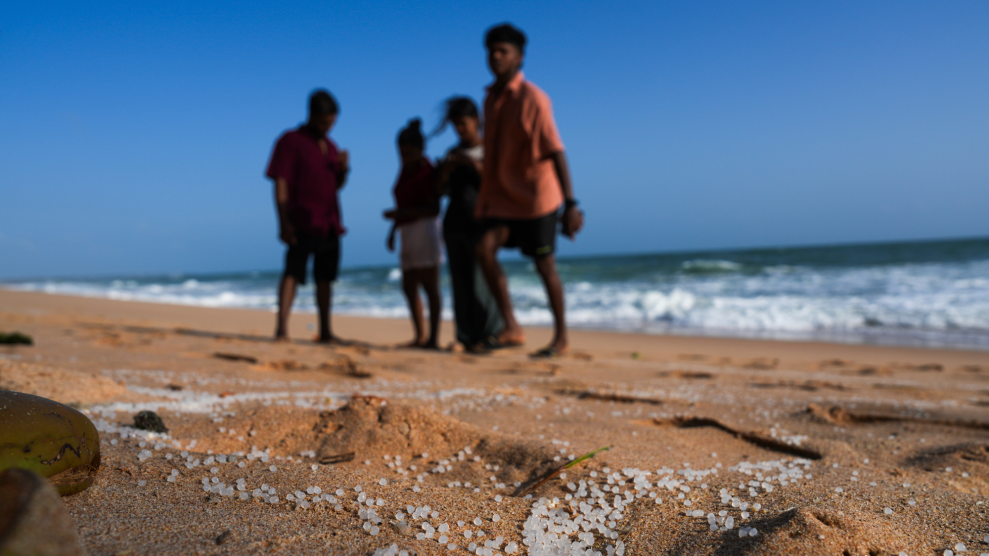This post courtesy BBC Earth. For more wildlife news, find BBC Earth on Facebook and Posterous.
A human’s need to communicate can be observed from the first moments of life. A newborn’s instinct to cry lays the stepping-stone for a process which will enable every human to successfully communicate their experience of being alive.
It has been said that words are man’s greatest achievement. The first utterances of symbolic language emerged 2.5 million years ago, setting solid foundations for modern articulation. Yet many would argue that speech and language was developed not out of want, but out of need. Therefore in what ways do humans communicate without using words?
Music has long been a way of communicating for necessity as well as pleasure. For example, using a lullaby to sooth, a folk song to warn, and a chant to call to arms. But in what ways do we use rhythm and melody to communicate with nature itself? In the case of the people of the Banks islands in the South Pacific, they can only communicate their message of thanks to the sea by literally playing the water. Waist deep in water, women and young girls alike will stand side by side and begin to play a complex set of rhythmic patterns, each one as unique as the female player herself.
In the video below from the BBC Series “South Pacific,” this syncopated drumming can be seen in excellent HD quality.
The history of humans on these volcanic islands indicates precisely why these rituals still take place. Archeologists have found evidence that this region of the Pacific has been inhabited since at least 2000BC, yet with only 1% land to 99% water, and in a climate of volatile cyclone-prone seas, life in the South Pacific is far from idyllic. But Vanuatu’s listing as the happiest nation on the planet by the Happy Planet Index couldn’t have hurt!
















